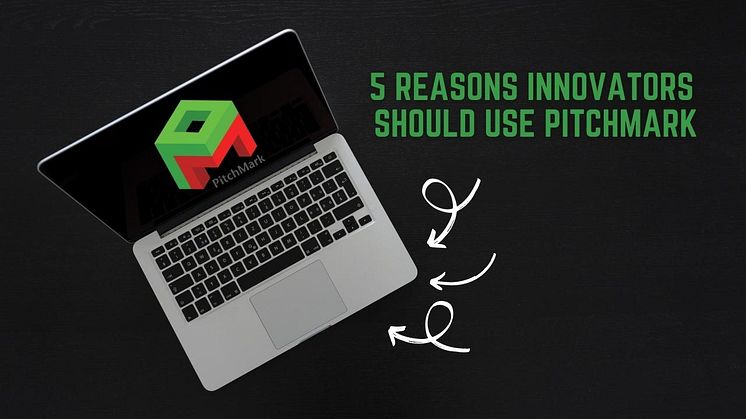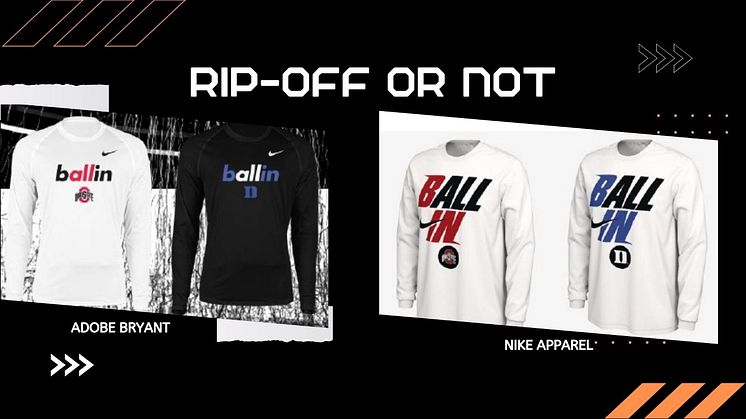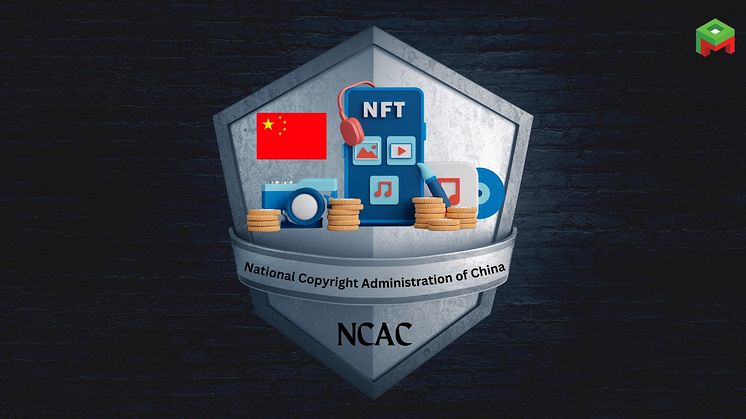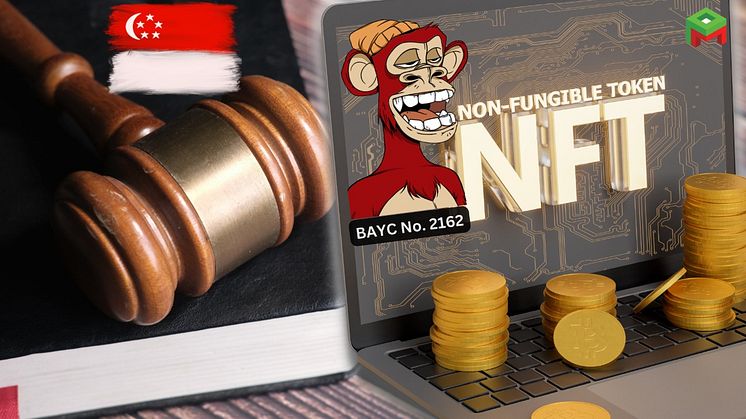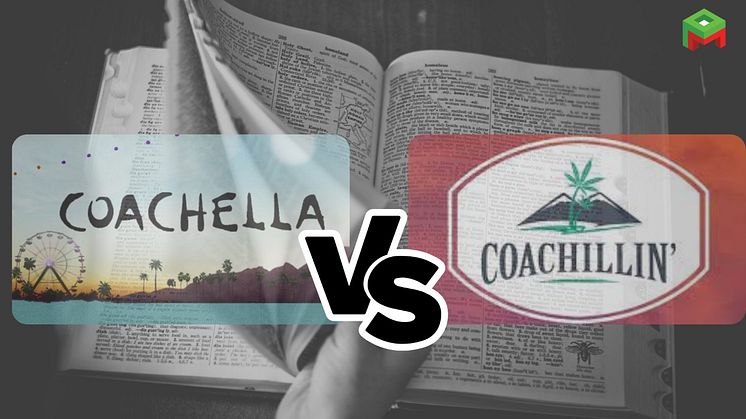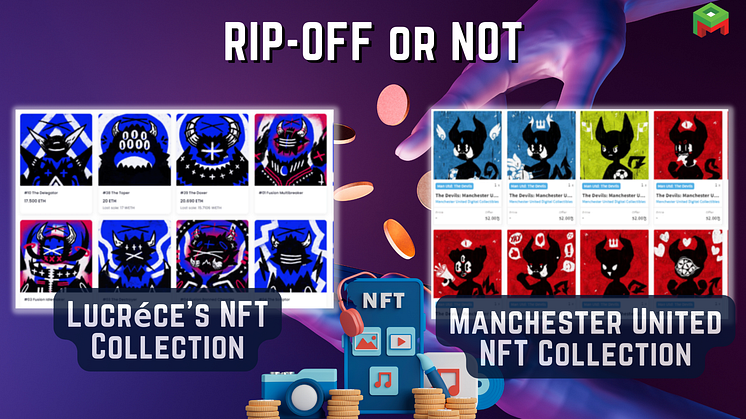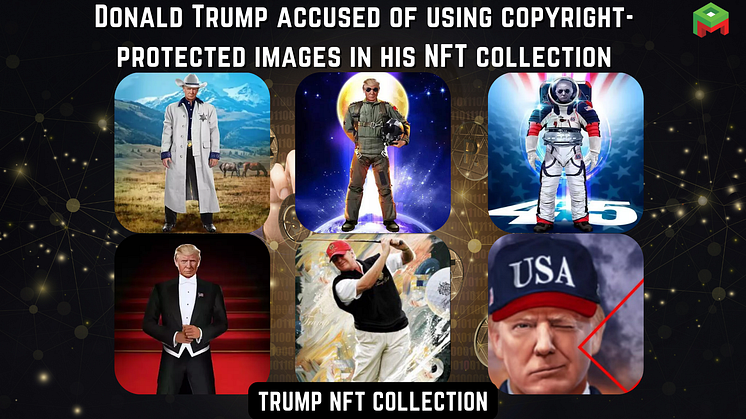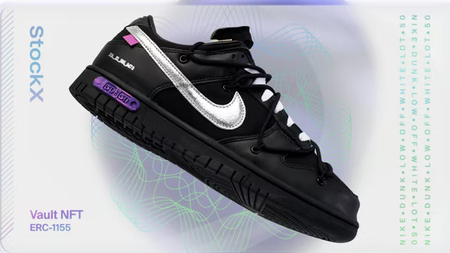
News -
Nike sues StockX for violating trademarks over NFTs
Non-fungible tokens or NFTs continue to be in vogue in 2022, but so have the confusions and legal issues arising from them. In the latest round of actions, Nike has sued StockX for violating trademarks by selling its digital tokens without permission.
StockX is a US-based online resale marketplace that sells streetwear, handbags, and other goods, valued at about US$3.8 billion. In January, it launched Vault as its first NFT project that allows customers to buy or sell digital sneakers without possessing them.
An NFT is a digital file on a blockchain that shows who owns a unique piece of digital content. Currently, StockX has about 27,065 sneakers and 1,377 streetwear listed under ‘Nike’, and five under the 'Nike NFT' search words.
Nike claims it has already sold over 500 NFTs associated with the brand. In the 50-page suit, it alleges that StockX is competing in the NFT market “not by taking the time to develop its own intellectual property rights, but rather by blatantly freeriding, almost exclusively” on Nike’s trademarks and “associated goodwill”.
The sportwear giant says that StockX is minting NFTs using Nike’s trademarks, and selling those NFTs at “heavily inflated prices to unsuspecting consumers” without Nike’s approval or authorization
Nike believes those unsanctioned products are likely to confuse consumers and create a false association between those products and the brand.
These allegations are not surprising as Nike also entered the Metaverse last month by acquiring RTFKT Studios (pronounced “artifact”) which sells digital items in the form of NFTs. So, it would not want anybody else to trade its digital assets.
StockX rejected the claims by stating that the lawsuit lacks merit and is based on a mischaracterization of the service offered by StockX through NFT.
Fights between established brands and unauthorized NFTS have increased in recent times. Hermes, a luxury goods company, sent a notice to MetaBirkins to remove NFTS from OpenSea platform while Darden Restaurants, owner of Olive Garden, requested the marketplace to remove all images related to the restaurant to avoid confusing consumers. HitPiece, a music NFT marketplace, was also asked to remove digital assets of music that were sold without the original creators’ consent.
Nike may not be able settle the dispute quickly as StockX is also a company rather than an ordinary collectibles creator like other NFT designers. However, the case is poised to create a benchmark for future NFT copyright issues.
PitchMark helps innovators deter idea theft, so that clients get the idea but don’t take it. Visit PitchMark.net and register for free as a PitchMark member today.


